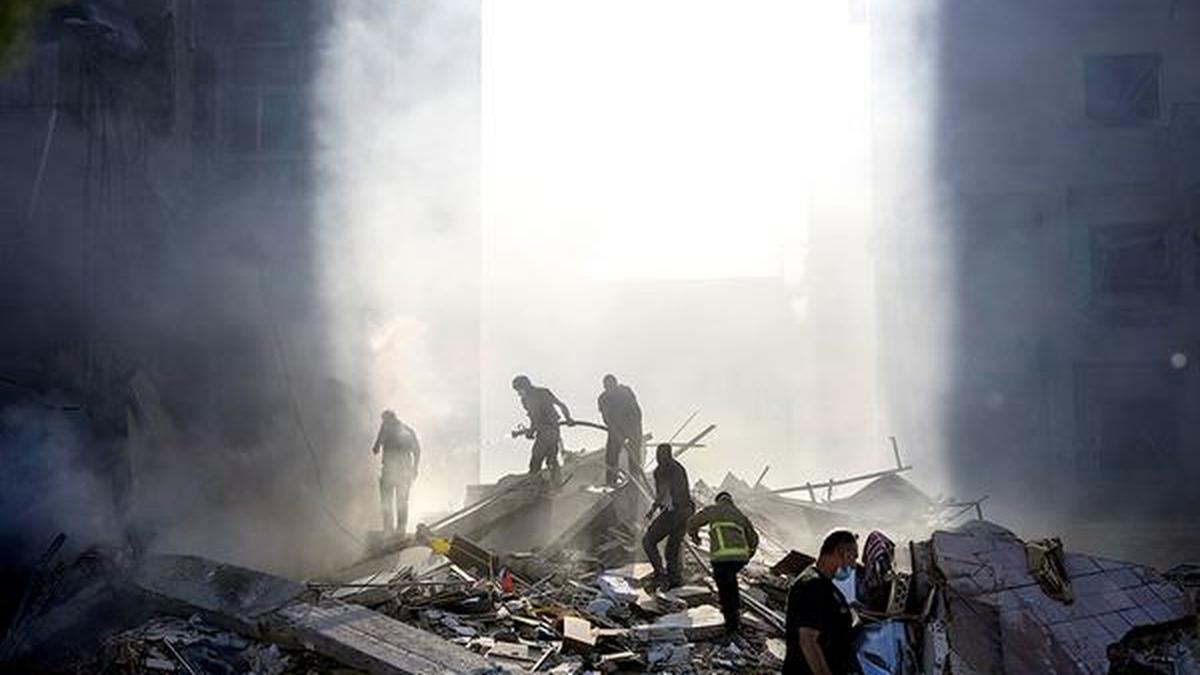
Lebanon’s Shia Muslims pay high price in war between Israel and Hezbollah
The Hindu
Lebanese Shia Muslims suffer in Israel-Hezbollah war, fearing unfair targeting and escalating conflict across Lebanon.
The Lebanese civilians most devastated by the Israel-Hezbollah war are Shia Muslims, and many of them believe they are being unfairly punished because they share a religious identity with Hezbollah militants and often live in the same areas.
“This is clear,” said Wael Murtada, a young Shia man who anxiously watched paramedics search rubble after a recent Israeli airstrike destroyed his uncle’s two-story home and killed 10 people. “Who else is being attacked?”
Israel has concentrated its attacks on villages in southern and northeastern Lebanon and neighbourhoods south of Beirut. This is where many Hezbollah militants operate from, and their families live side by side with large numbers of Shia Muslims who are not members of the group.
Israel insists its war is with Hezbollah and not the Lebanese people — or the Shia faith. It says it only targets members of the Iran-backed militant group to try to end their year-long campaign of firing rockets over the border.
But Israel’s stated objectives mean little to people like Mr. Murtada as growing numbers of Shia civilians also die in a war that escalated sharply in recent months.
Shia Muslims do not just measure the suffering of their community in deaths and injuries. Entire blocks of the coastal city of Tyre have been flattened. Large parts of the historic market in the city of Nabatiyeh, which dates to the Ottoman era, have been destroyed.
As Shia Muslims flee their war-torn villages and neighbourhoods, the conflict is increasingly following them to other parts of Lebanon, and this is fueling tensions.

The 29th edition of the Conference of Parties (COP29), held at Baku in Azerbaijan, is arguably the most important of the United Nations’ climate conferences. It was supposed to conclude on November 22, after nearly 11 days of negotiations and the whole purpose was for the world to take a collective step forward in addressing rising carbon emissions.










